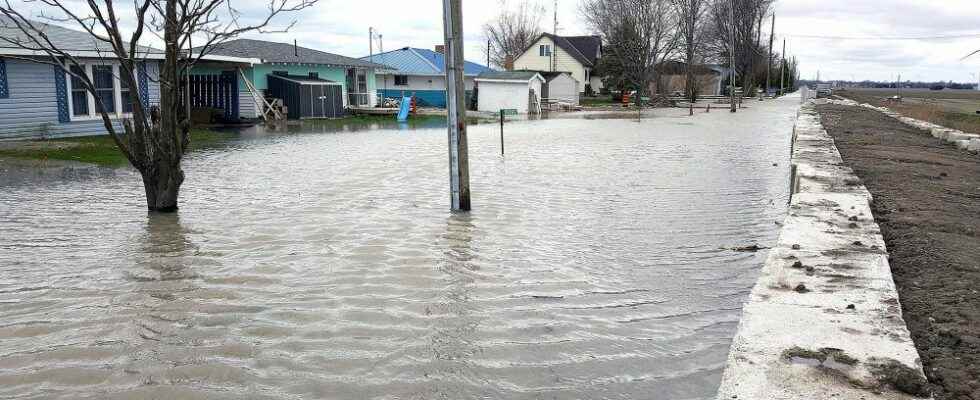With comments already received over the past several months, Chatham-Kent is continuing to raise awareness and seek feedback on a climate change strategy.
Municipal council received an update during Monday’s meeting, which featured the engagement work done to date.
In July of 2019, council declared a climate emergency in Chatham-Kent, approving the terms of reference for the action plan in November of that year.
Last August, a survey was launched to seek input from municipal employees on matters related to climate mitigation.
In December, the community itself was surveyed on climate change priorities.
According to a staff report, most of the respondents took a “neutral position on the municipality’s climate protection efforts,” but 30 per cent were dissatisfied.
Huda Oda, manager of waste, recycling and climate change, said there appeared to be a gap in knowledge with respect to the issues.
“I think we have a good opportunity to cover that gap and try and bridge it,” she said.
The report added that “the vast majority of the respondents believe Chatham-Kent’s corporate GHG (greenhouse gas) emission reduction targets should be ‘ambitious’ or ‘moderate,’ with suggestions ranging from 10-25 per cent GHG emissions reductions by 2030.”
Last June, council received a climate change action plan relaunch report that provided an updated project framework, revised engagement process and modified project timeline to account for the delay in moving the project forward due to COVID-19.
Another report was presented in November that reviewed existing plans, provincial and federal climate change policies, and greenhouse gas emission inventories.
The next steps include a future report, slated for June, along with further engagement.
South Kent County. Trevor Thompson said he thought the public would have expressed more concerns, particularly given the ravages of the climate on area waterways and infrastructure in recent years.
“I was quite surprised to see that people weren’t worried about flooding. They weren’t worried about extreme weather events,” he said. “How do we change or teach people a little bit about the actual, real-world everyday impacts that are facing our community?”
Gabriel Clarke, manager of growth and sustainability, said building a shared understanding will be key.
However, he added the ultimate decision will fall to council.
“(It’s) up to council’s discretion,” he said. “What makes its way into the final plan will be determined on council-approved priorities.
“And I’m suspecting that part of those questions will be answered, or informed, by the resources that are required and savings that might be incurred, both for the corporation and at the community level.”
